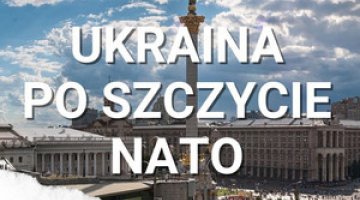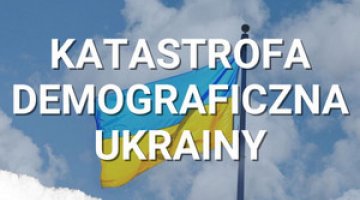Analyses
Ukraine: Lutsenko’s hunger strike may stimulate protest actions
On 17 May, the former Prime Minister Yulia Tymoshenko, Patriarch Filaret of Kiev, the former head of the Greek Catholic Church Bishop Lubomyr Huzar and several other influential persons appealed to Yuri Lutsenko, the former Minister of Internal Affairs and leader of the opposition People's Self-Defence party, who remains in detention since last December, to stop his hunger strike. The content of these appeals shows that Lutsenko’s life is in danger. It is possible that this action is an attempt to mobilise a protest campaign.
Yuri Lutsenko was one of the leaders of the Orange Revolution of 2004; after that, his career included a position as the minister of internal affairs in Tymoshenko’s cabinet. In 2010 the public prosecutor's office charged him with administrative offences (as there is no such concept as constitutional responsibility in Ukraine), a move which is commonly perceived as the revenge of activists from the Party of Regions, which had itself faced serious charges during Lutsenko’s time in office. Last December, Lutsenko was arrested on the charge of procrastination in examining materials of the case against him (Ukrainian law provides for the application of such a measure). On 22 April, after a further extension of his arrest, he began a hunger strike, and on 10 May he was taken to hospital where his condition was assessed as moderately serious. The aforementioned influential representatives of the Ukrainian elite have appealed to him to stop his hunger strike. This campaign could make Lutsenko into a ‘prisoner of conscience’ in public opinion, which could restore his popularity as a leader of the opposition. <Tao>




